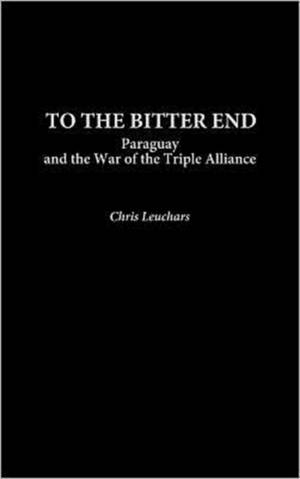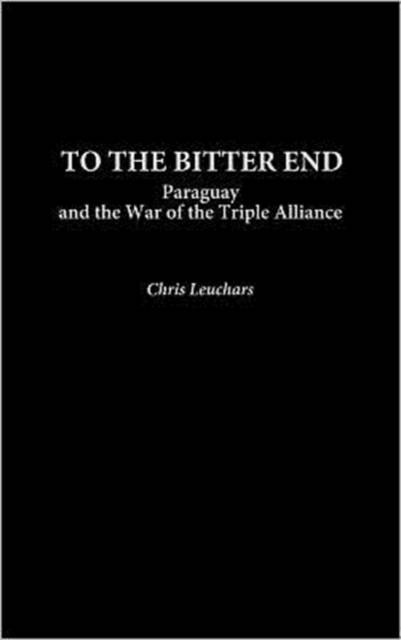
- Retrait gratuit dans votre magasin Club
- 7.000.000 titres dans notre catalogue
- Payer en toute sécurité
- Toujours un magasin près de chez vous
- Retrait gratuit dans votre magasin Club
- 7.000.0000 titres dans notre catalogue
- Payer en toute sécurité
- Toujours un magasin près de chez vous
Description
The War of the Triple Alliance was one of the longest, least remembered, and, for one of its participants, most catastrophic conflicts of the 19th century. The decision of Argentina, Brazil, and Uruguay to go to war against Paraguay in May 1965 has generally been regarded as a response to the raids by the headstrong and tyrannical dictator, Francisco Solano Lopez. While there is some truth to this view, as Lopez had attacked towns in Argentina and Brazil, the terms of the Triple Alliance signed that same month reveal that the motivation of these two nations, at least, was to redraw the map in their favor, at the expense of Paraguay. That the resulting conflict lasted five years before Lopez was defeated and his country fully at the mercy of its neighbors was a tribute to the heroic resistance of his people, as well as to the inadequacies of the allied command.
The military campaigns, which took place on land and on the rivers, often in appalling conditions of both climate and terrain, are examined from a strategic perspective, as well as through the experiences of ordinary soldiers. Leuchars looks in detail at the political causes, the course of the conflict as viewed from both sides, and the tragic aftermath. He brings to light an episode that, for all its subsequent obscurity, marked a turning point in the development of South American international relations.Spécifications
Parties prenantes
- Auteur(s) :
- Editeur:
Contenu
- Nombre de pages :
- 264
- Langue:
- Anglais
- Collection :
- Tome:
- n° 223
Caractéristiques
- EAN:
- 9780313323652
- Date de parution :
- 30-12-02
- Format:
- Livre relié
- Format numérique:
- Genaaid
- Dimensions :
- 161 mm x 247 mm
- Poids :
- 530 g

Les avis
Nous publions uniquement les avis qui respectent les conditions requises. Consultez nos conditions pour les avis.






